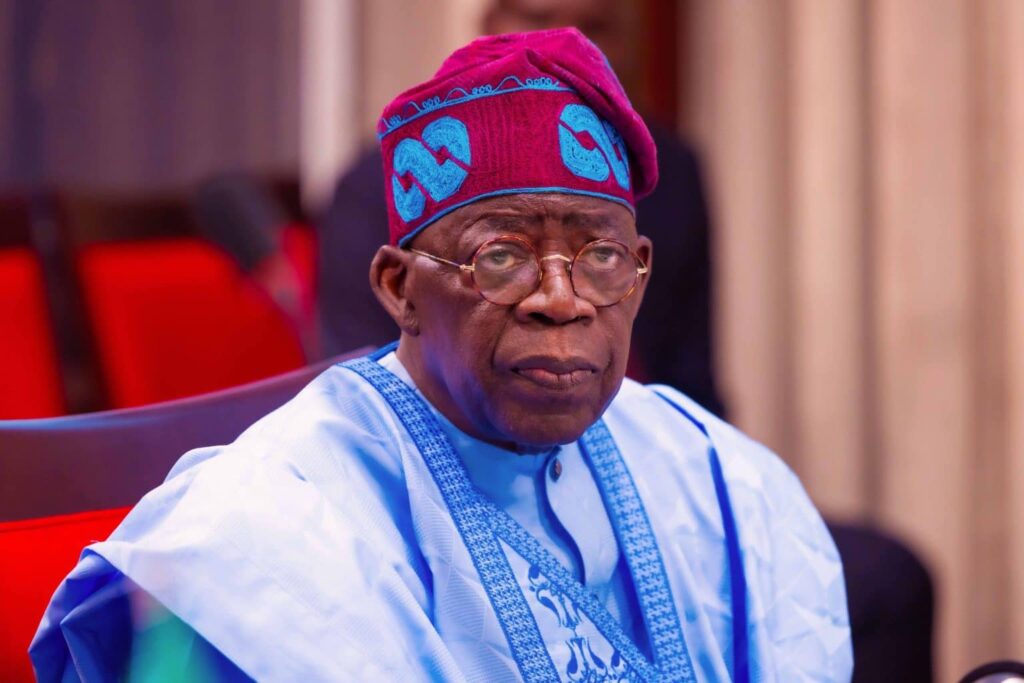
By Milcah Tanimu
Nigeria, the largest economy in Africa, has been struggling for years with economic challenges that have hindered its growth and development. President Bola Tinubu recently appointed ministers to lead key ministries responsible for driving growth and reform in the country. However, the expectations are high, especially for Wale Edun, the Minister of Finance, who has an expanded role that includes overseeing the economy.
Doris Anite, a seasoned surgeon with significant experience in treasury and fixed-income trading at Zenith Bank, will head the Trade and Investment ministry.
Atiku Bagudu, a former governor of Kebbi State, will be in charge of Budget and National Planning. However, Bagudu’s past involvement in controversial financial dealings raises concerns about his suitability for the role.
Wale Edun, a respected economist, is known for his work in fostering Lagos State’s economic independence from federal allocations. He has a challenging task ahead, as Nigeria’s economy is burdened by significant debt and a lack of fiscal sustainability.
The economy’s dire situation includes mounting debts of N46.3 trillion ($60.4 billion) and a substantial portion of revenue going towards debt servicing. To make matters worse, there are concerns about the government’s ability to meet its financial obligations as more debts are being converted to long-term bonds.
Edun’s approach emphasizes attracting investment rather than borrowing to raise revenue, which will be crucial in rebuilding investors’ confidence in Nigeria’s economy.
Doris Anite will also play a vital role in improving investor confidence. She was part of a presidential policy advisory panel that recommended recent foreign exchange reforms. Nigeria’s unmet dollar demand and depressed oil earnings pose challenges for foreign investors.
The ministers must address systemic constraints such as multiple taxation, port congestion, regulatory bottlenecks, and other barriers to foreign investment. Additionally, they need to promote diversification of the economy by exploiting mineral resources, enhancing agricultural production, and leveraging the African Continental Free Trade Area (AfCFTA) to drive intra-African trade.
Overall, Nigeria’s new ministers face a complex web of economic challenges, from debt management and fiscal sustainability to investor confidence and economic diversification. Their success will be pivotal in reshaping Nigeria’s economic landscape and fostering sustainable growth.
